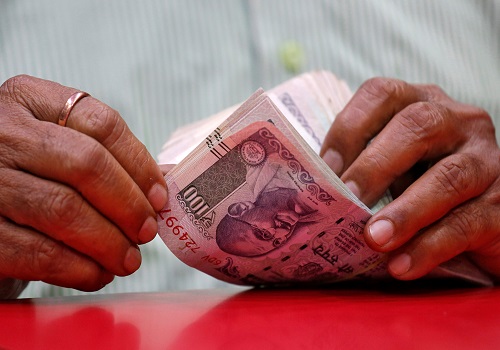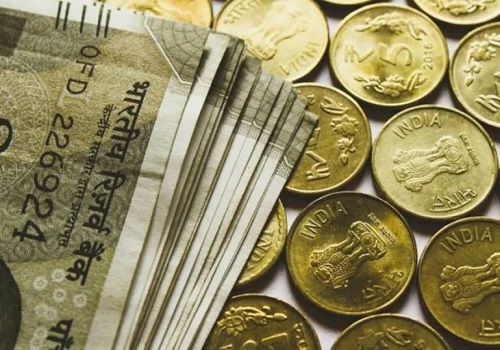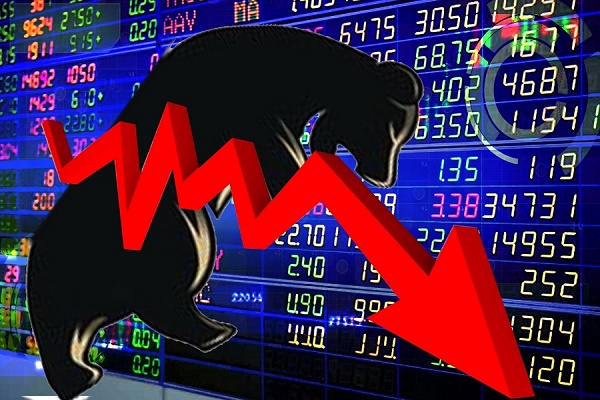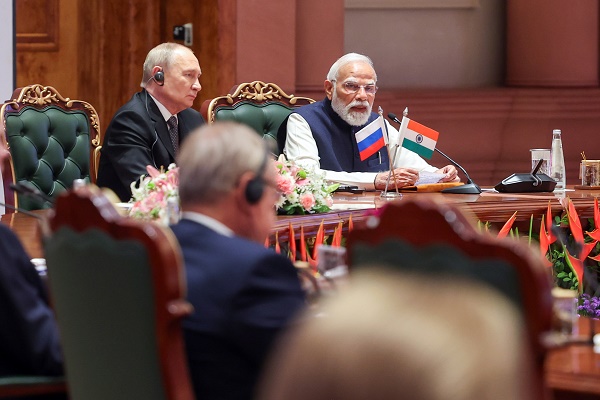Indian bond yields off session highs on short-covering; rupee near 1-month low

MUMBAI - The Indian rupee dropped on Monday to its lowest in nearly a month against the dollar, tracking losses in the stock market and weighed by sharp gains in global crude oil prices, while bond yields pulled back from session highs on short-covering.
Oil prices climbed to their highest in nearly three weeks as fears over tight global supply grew, with the deepening crisis in Ukraine raising the prospect of heavier sanctions by the West on top exporter Russia. [O/R]
India imports more than two-thirds of its oil requirements and rising prices tend to push up imported inflation and widen the country's trade and current account deficits.
The partially convertible rupee was trading at 76.28/29 per dollar versus its close of 76.1750 on Wednesday. Earlier in the session, it touched a low of 76.43, its weakest since March 22.
Indian financial markets were closed on Thursday and Friday for holidays.
The benchmark 10-year bond yield was trading down 3 basis point at 7.18% by 0828 GMT, after earlier rising to a high of 7.26%.
"Stocks are also down quite a bit, so we saw some consolidation in bonds after the weak open. But with weekly supply, yields don't have much downside from here unless the RBI (Reserve Bank of India) does something," said a senior trader with a foreign bank.
Indian shares touched three-week lows, hit by losses in IT stocks after Infosys crashed 9% on missing quarterly profit estimates, while inflation concerns also weighed on sentiment. [.BO]
India's annual wholesale inflation rate accelerated to 14.55% in March, data showed, completing a year in double-digit territory as firms grapple with rising input costs and pass on higher prices to consumers.
"Supply shortages and price increases in a number of input goods due to the Russia-Ukraine conflict will keep domestic inflation high in the coming months, setting the stage for front-loaded monetary policy tightening by the central bank," said Rahul Bajoria, chief economist at Barclays.
(Reporting by Swati Bhat; Editing by Subhranshu Sahu)















